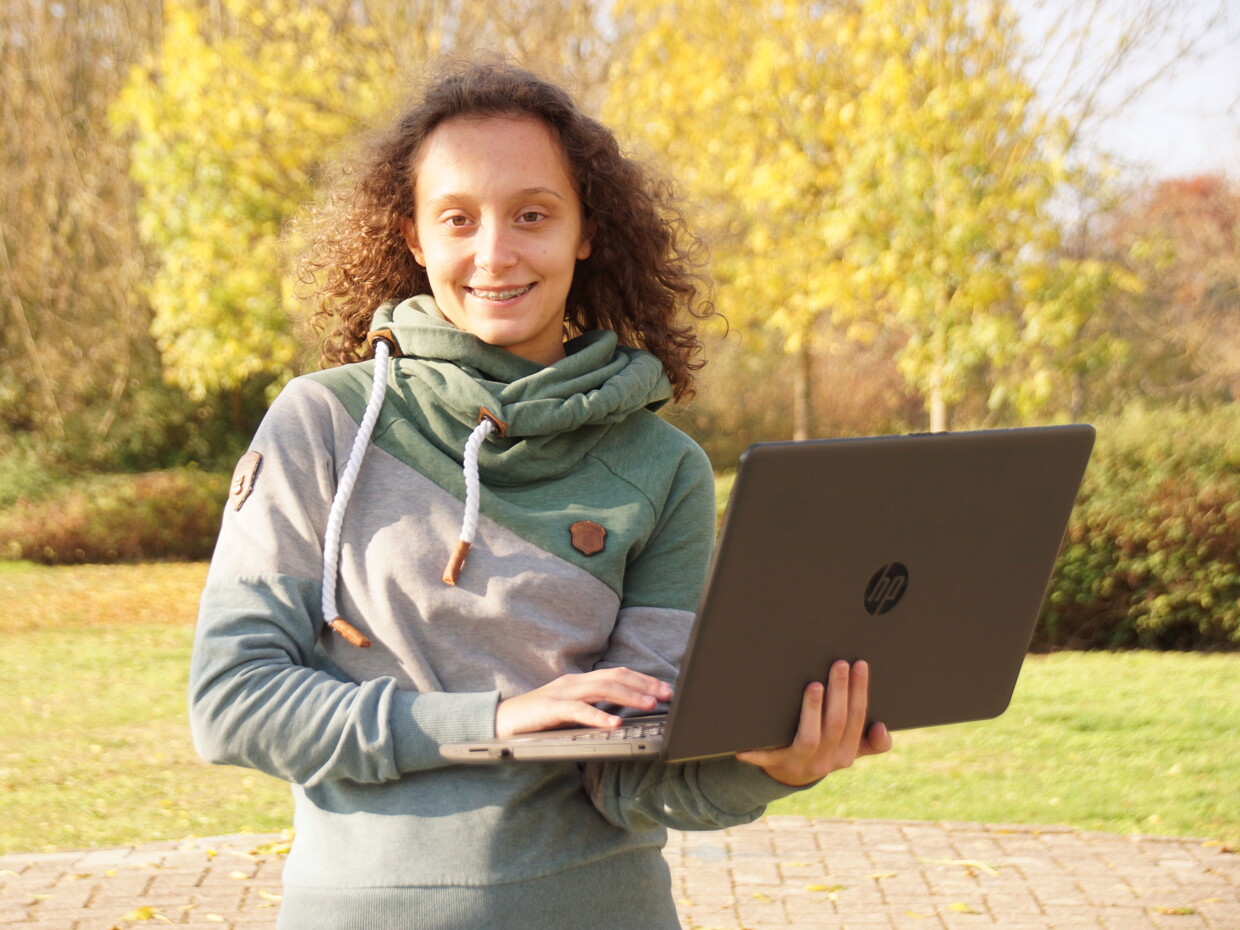School student wins audience award at the national competition KI

The German Federal Competition for Artificial Intelligence (BWKI) honors and promotes ingenious ideas that make the world a little bit better by using AI. This is also the case with the project of 17-year-old student Annika, who, in cooperation with the German Research Center for AI in Kaiserslautern, has developed AI software that can be used to recognize object symbols on floor plans. This should make it easier to digitize floor plans in the future: To do this, a photograph is taken of the objects and the neural network analyzes the object structures and turns them into usable data.
Up to now, neural networks can only capture walls, doors and windows, while the neural network of the Königsbach schoolgirl simulates a kind of nervous system on the basis of mathematical concatenations, which can distinguish these backgrounds from furnishing objects such as a table, chair or couch, thereby facilitating the automatic generation of 3D models or the computeraided optimization of fire protection and housing infrastructure. This should also make it possible in the future to offer more efficient rental and leasing. Although Annika would like to put the project on hold for the time being, she will probably be seen more often at BWKI in the future, as she will be shooting short explanatory videos for the organization. A task that the prizewinner is already looking forward to very much.
The German National Artificial Intelligence Competition is just one of the many stages that the prospective Karlsruhe computer science student has already completed in her young years. She has already taken part in the Science Camp in Computer Science and the taster course at the Faculty of Computer Science, where she familiarized herself with various problems in computer science and learned how to tinker with tasks and solve them. In addition, Annika and the other participants were able to take a direct look at current projects, for example in the field of medical technology. Such excursions serve to make the students aware of the diverse and interesting professional fields that await them after their studies in computer science.
Besides school Annika also completed an internship with Tamim Asfour, professor at the Institute for Anthropomatics and Robotics (IAR) in the field of robotics and was thus able to gain a first impression of everyday life at the university. There she built and programmed the Asuro robot on the one hand and gained experience with the Nao robots on the other. Occasionally she also gained insights into the further development of ARMAR 6, where it was mainly the safety precautions that had to be taken, but also the size, precision and capabilities of the robot that impressed her.
She is currently attending lectures on computer science at KIT as part of her student studies, giving her a taste of student life. Among her favorite topics are the two lectures "Programming" and "Basic concepts of computer science" (short: GBI). "So far I like GBI most of all, because it requires a lot of puzzling and is a challenge. It's fun to have to work on things myself," explains Annika, who is currently attending the Lise Meitner Gymnasium in Königsbach.
She had her first contact with computer science at the end of her primary school days through the product series Lego Mindstorms Robots, which allows the design and programming of robots and other autonomous and interactive systems. From the 6th grade onwards, she participated in the Hector Seminar, which promotes students with a talent in the MINT subjects. A robotics competition in the 8th grade, where she was responsible for the software part, was the final trigger for her wish to study computer science later on. She also created the project for the national AI competition as part of the Hector Seminar.
What fascinates the high school student about computer science is that it combines understanding and opening up with solving problems and developing new ideas and approaches. In addition, she sees computer science as a very promising and versatile field. "You can use it to advance many interdisciplinary projects, and I have always enjoyed interdisciplinarity because you learn something new from many other fields," says Annika, explaining her decision to study computer science later. Her wish is to contribute to society and to the progress of science in the future.
